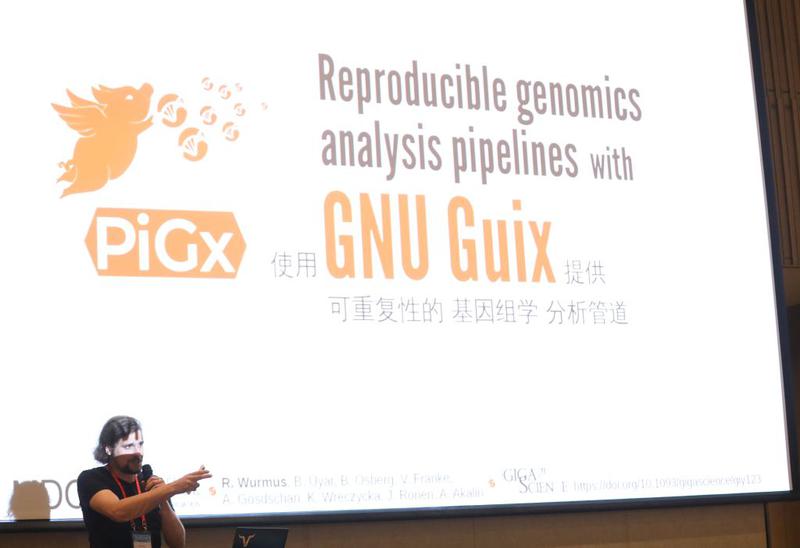Targeting the Cray/HPE Slingshot interconnect
High-speed network interconnects are a key component of supercomputers. The challenge from a software packaging viewpoint is to provide an MPI stack able to get the performance out of that specialized networking hardware. As packagers, our approach has been to provide MPI packages that get the best performance of the underlying interconnect, be it Omni-Path, InfiniBand, or any other type of interconnect.






